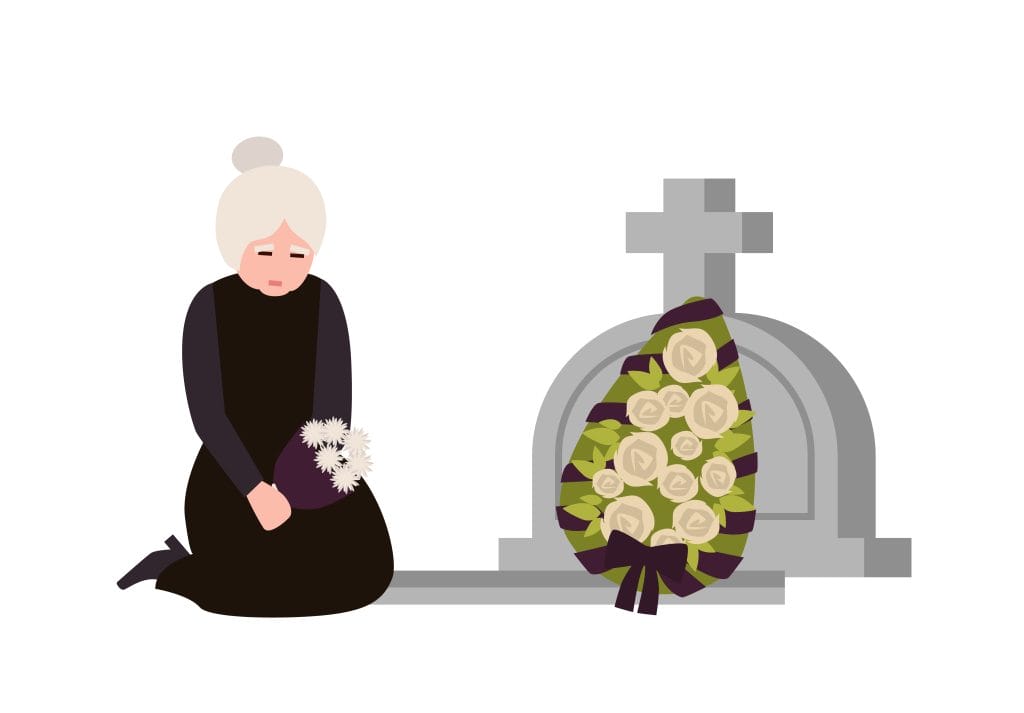Dolly Koghar gives her generation’s take on this difficult topic.
In our community, the female child’s existential reason is written from the moment of birth: her ultimate goal is to be sent off with a dowry to be a wife and bear the children of the scion of a respectable family, who in turn owes obedience to his patriarch father, and loyalty to his extended family. The Indian husband is the sun around which wives orbited; there wasn’t much space nor time for personal ambitions and dreams, nor the need, since gaining a husband was inclusive of respect, security, and stability; both financial and social.
What I recall from the far memories of my childhood, is that with my grandfather gone, the stage lights dimmed on my grandmother and thereafter, she became almost invisible in white, with no makeup or jewelry and was conveniently overlooked in society’s festivities.
Decades later, muted colours and some jewellery wasn’t judged as uncaring and blasé by society’s wardens, which gradually stopped expecting grief to be showcased in one’s attire, nor reflected in one’s life. Expectations gave way to more realistic and humane norms for these women, though nothing could or did bring back the exalted status of being a suhagan, simply put, a ‘married woman,’ but carrying a connotation that only an Indian woman, from whichever era, can comprehend.
Fate strikes as it must, and below are how some of the women of my mother’s generation and some from mine managed to carry on after their heartbreaking loss.
Women from my era:
- In my stoic and practical friend’s own words, “I managed to survive widowhood because he passed and didn’t just leave us for any other reason. My kids needed me, and they were always there to help me.” Her husband had, much earlier, helped her through the inconsolable grief from the death of her father, and begged her not to fall into the same pit for him. She didn’t hesitate to lean on relatives and professional help to see her through this loss, and actively searched for the little wonders in life to revive her will to go on.
- In my stoic and practical friend’s own words, “I managed to survive widowhood because he passed and didn’t just leave us for any other reason. My kids needed me, and they were always there to help me.” Her husband had, much earlier, helped her through the inconsolable grief from the death of her father, and begged her not to fall into the same pit for him. She didn’t hesitate to lean on relatives and professional help to see her through this loss, and actively searched for the little wonders in life to revive her will to go on.
Women from my mother’s era:
• This grandmother was bereaved very early in life, while the children were still not settled into their own lives, and lives on with a resigned and aimless attitude.
• While this aunty, who is an outgoing and easy-natured person, did initially go into shock and sadness, she was and is very receptive to her children’s love and attention and doesn’t let her loneliness take over, as they are also very supportive of her carrying on being as active in her social work as she was earlier.
• This wonderful, lively, and cheery granny lets nothing, not even the many other loses besides her husband’s, affect her positivity nor her sense of eternal gratitude to the Divine, and actively interacts with her son’s family with whom she lives.
• This granny has fast caught on with today’s era of WhatsApp, YouTube and the surfing on TV channels, and spends her day in calm, uncomplaining repose doing that, or hobbles around the house to nag the maids to clean better or the cook to make her dishes her way, and to make this, that and the other for her grandchildren. She’s always smiling and sees a silver lining and the divine Will behind every cloud, no matter how dark.
Fast forward to today, when we women are better equipped to carry on with or without our male counterparts with the education and the vocations open to us; nevertheless, without her husband, a woman still cannot shun the weighty tag of a widow, vidwaa.







